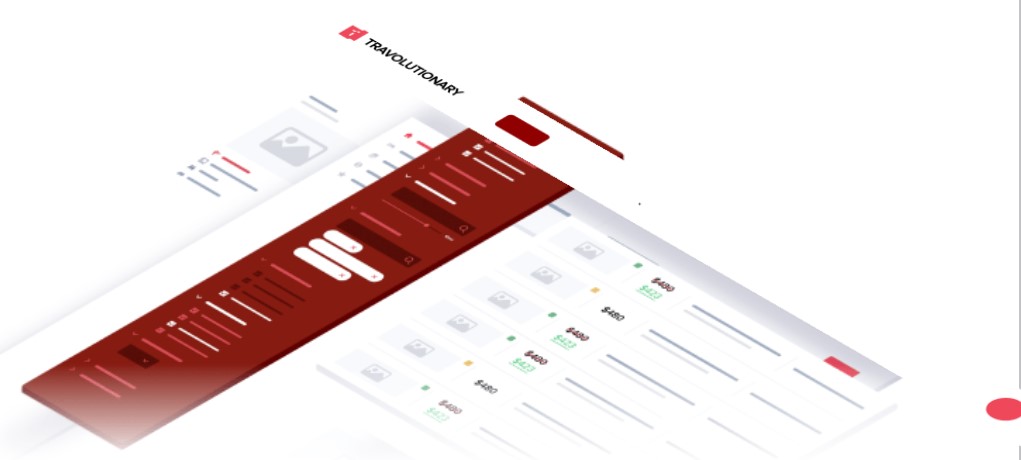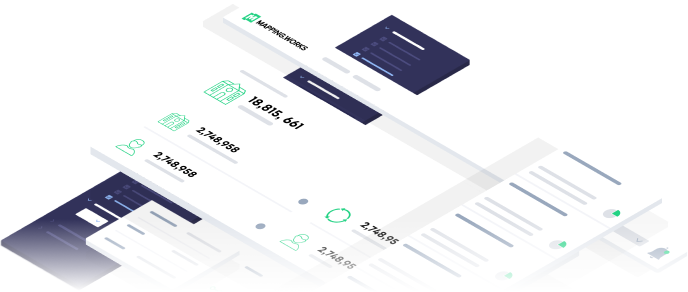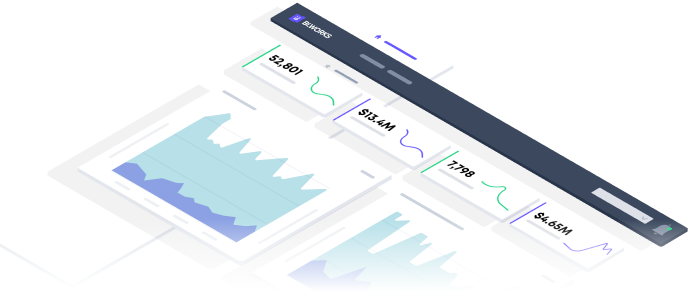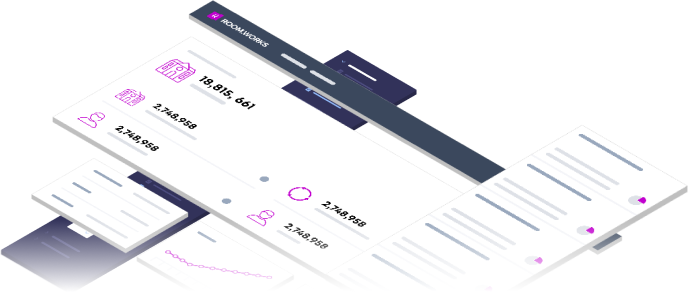Search costs represent a significant expense for travel companies, driven by high infrastructure requirements and low conversion rates. By focusing solely on the booking step, RateFox reduces unnecessary search traffic, cutting search-related costs by 25%-40%.
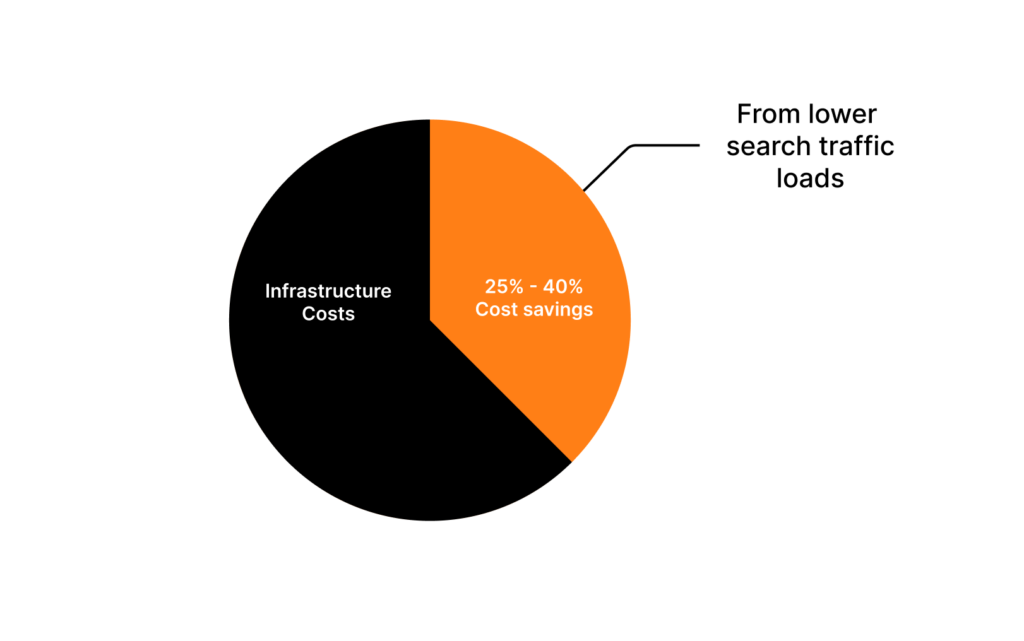
The Problem with High Search Traffic
-
Infrastructure Strain: Managing large volumes of supplier queries increases server and cloud costs.
-
Low Conversion Rates: Many searches fail to convert, wasting resources without contributing to revenue.
-
Supplier Frustration: Excessive search traffic burdens suppliers, affecting response times and relationships.
How RateFox Reduces Search Costs
-
Booking-Centric Focus: By prioritizing the booking step, RateFox eliminates redundant queries, reducing search volumes.
-
Optimized Look-to-Book Ratios: With higher conversion rates, fewer searches are needed to secure bookings.
-
Efficient Supplier Management: RateFox’s streamlined process ensures suppliers handle fewer but more meaningful requests.
Benefits of Reduced Search Costs
-
Lower Operational Expenses: Travel companies save on server and infrastructure costs.
-
Improved Supplier Relations: Suppliers appreciate the reduced burden, leading to better collaboration.
-
Higher Profitability: With fewer wasted resources, companies can invest more in growth initiatives.
Case Study: Reducing Costs for a Tour Operator
A tour operator struggling with high search traffic and low conversions adopted RateFox. Within six months:
-
Search-related costs dropped by 30%, saving over $150,000.
-
Their look-to-book ratio improved by 45%, leading to more efficient operations.
-
Supplier satisfaction scores increased, enhancing their partnerships.

Summary
Reducing search traffic is essential for controlling costs and improving profitability. With RateFox’s booking-centric approach, travel companies can achieve significant savings while enhancing efficiency and supplier relationships.

